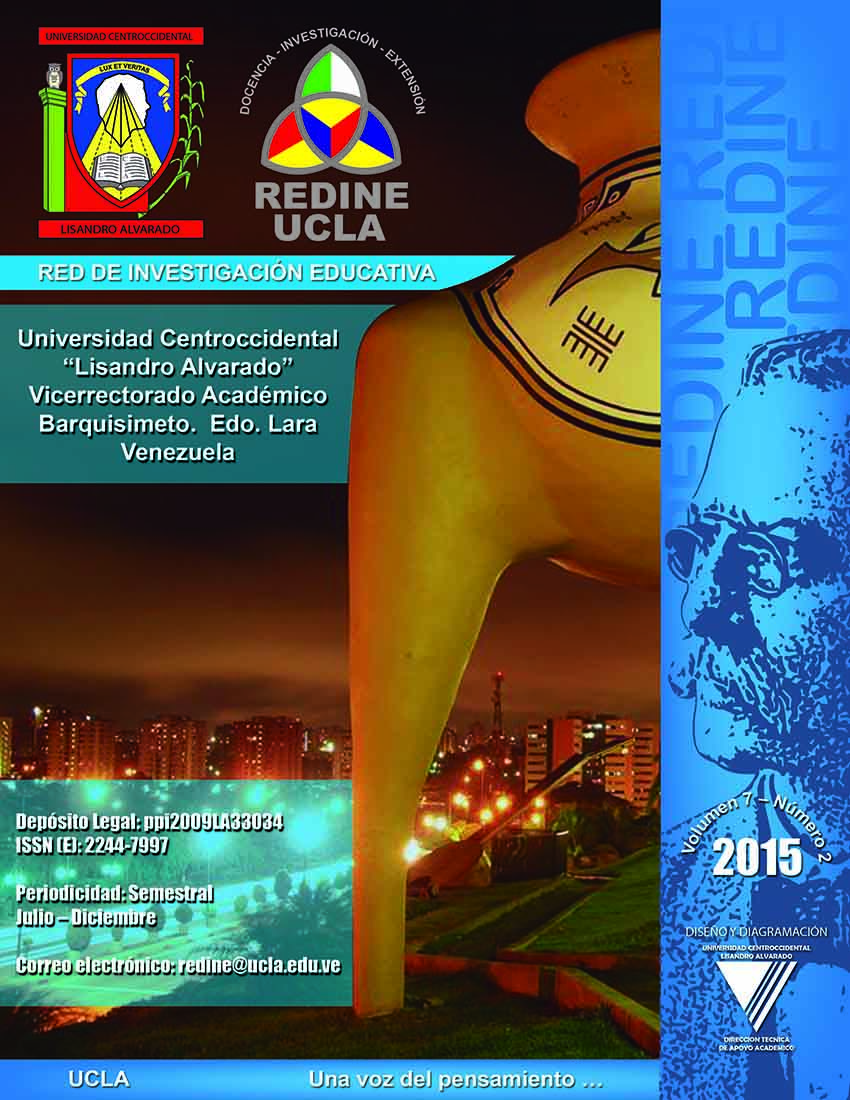a look at the university transformation
Keywords:
college transformation, competencies and performanceAbstract
Already approximately two decades (in the 80s) that is introduced in the education sector and the productive to the need to link education with the performance. The gap between both sectors showed at that time and even in the present, need to incorporate an educational modality, demanding that this be made more according to the real needs of the environment, with a greater presence not only of institutional and pedagogical content, but also in the evaluation of the results to be based on performance showing individuals once they have completed their training in the curriculum of studies in the educational system and which in turn allowed the demonstration of their skills and their performance doomed in the University transformation.
Downloads
References
Disponible en:
http://www.comunidadandina.org
/quines/opon ion18.htm (gratuito).
Declaración de la Conferencia Regional de la Educación Superior en América Latina y el Caribe - Cres (2008).
Díaz y Hernández (2001). Estrategias docentes para un aprendizaje significativo. México D.F: McGraw-Hill Interamericana Editores S.A
González, J. y Wagenaar, R. (2003). Tuning Educational Structures in Europe. Informe Final - Proyecto Piloto, Fase 1, Bilbao, Universidad de Deusto.
Rodrigo y otros. (1993). Formación académica y desarrollo de competencias para la acción profesional.
Morín, E. (2007). Introducción al pensamiento complejo. Barcelona: Gedisa.
Organización de las Naciones Unidas para la Educación (UNESCO). (1998).
Universidad de Deusto, Bilbao (España): www.relint.deusto.es/TuningProject/index.htm Universidad de Groningen (Países Bajos):
www.let.rug.nl/TuningProject
/index.htmhttp://
tuning.unideusto.org
/tuningeu y www.rug.nl/let/tuninge
Published
How to Cite
Issue
Section
Copyright from the year of publication
This work is licensed under a:
Creative Commons Reconocimiento-NoComercial-CompartirIgual 4.0 Internacional (CC BY-NC-SA 4.0)
The opinions expressed by the authors do not necessarily reflect the views of the publication's editor or UCLA. Total or partial reproduction of the texts published here is authorized, provided that the complete source and the electronic address of this journal are cited. Authors have the right to use their articles for any purpose, provided it is done on a non-profit basis. Authors may publish the final approved version of their work online or in any other medium after it has been published in this journal.




